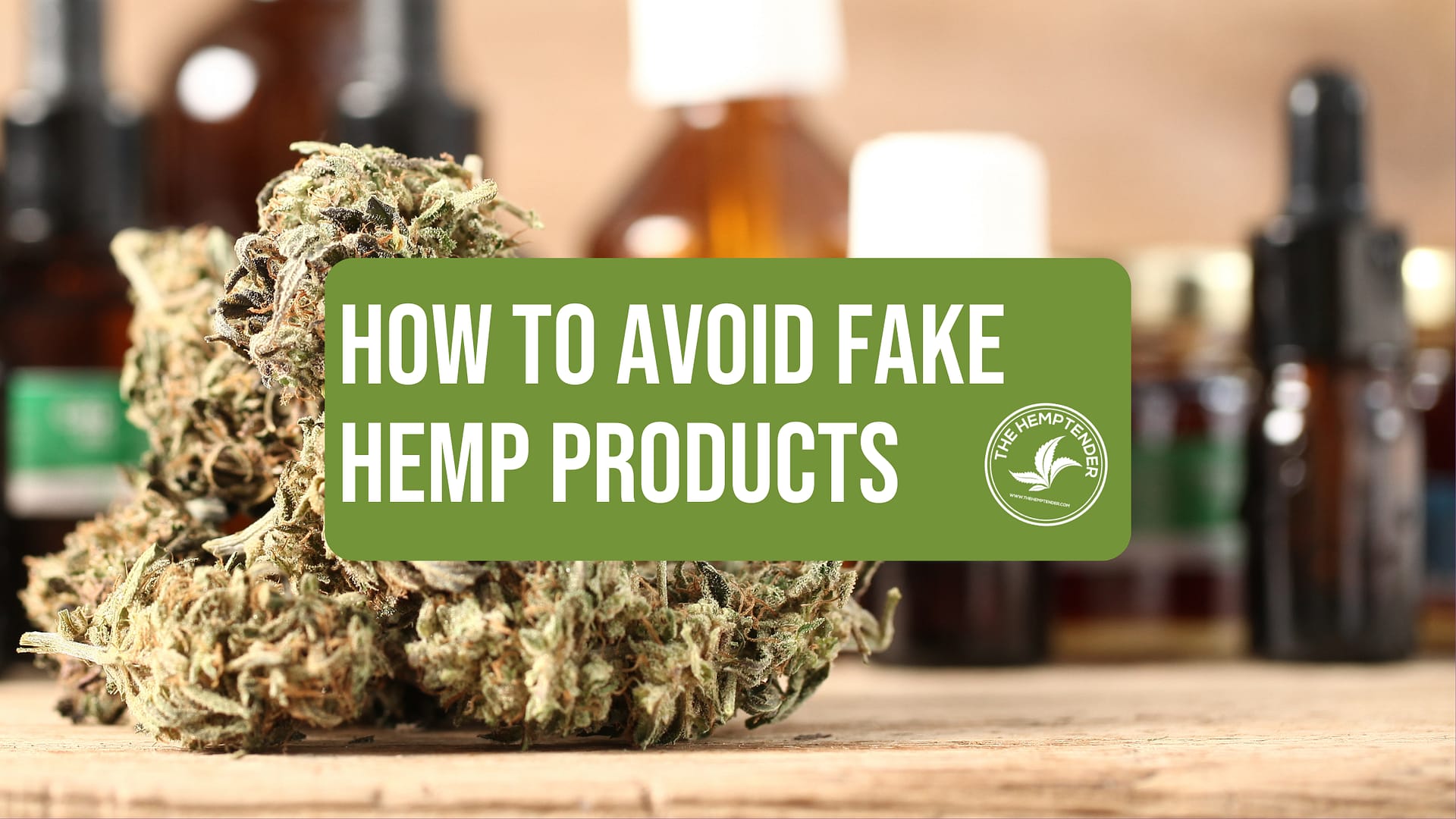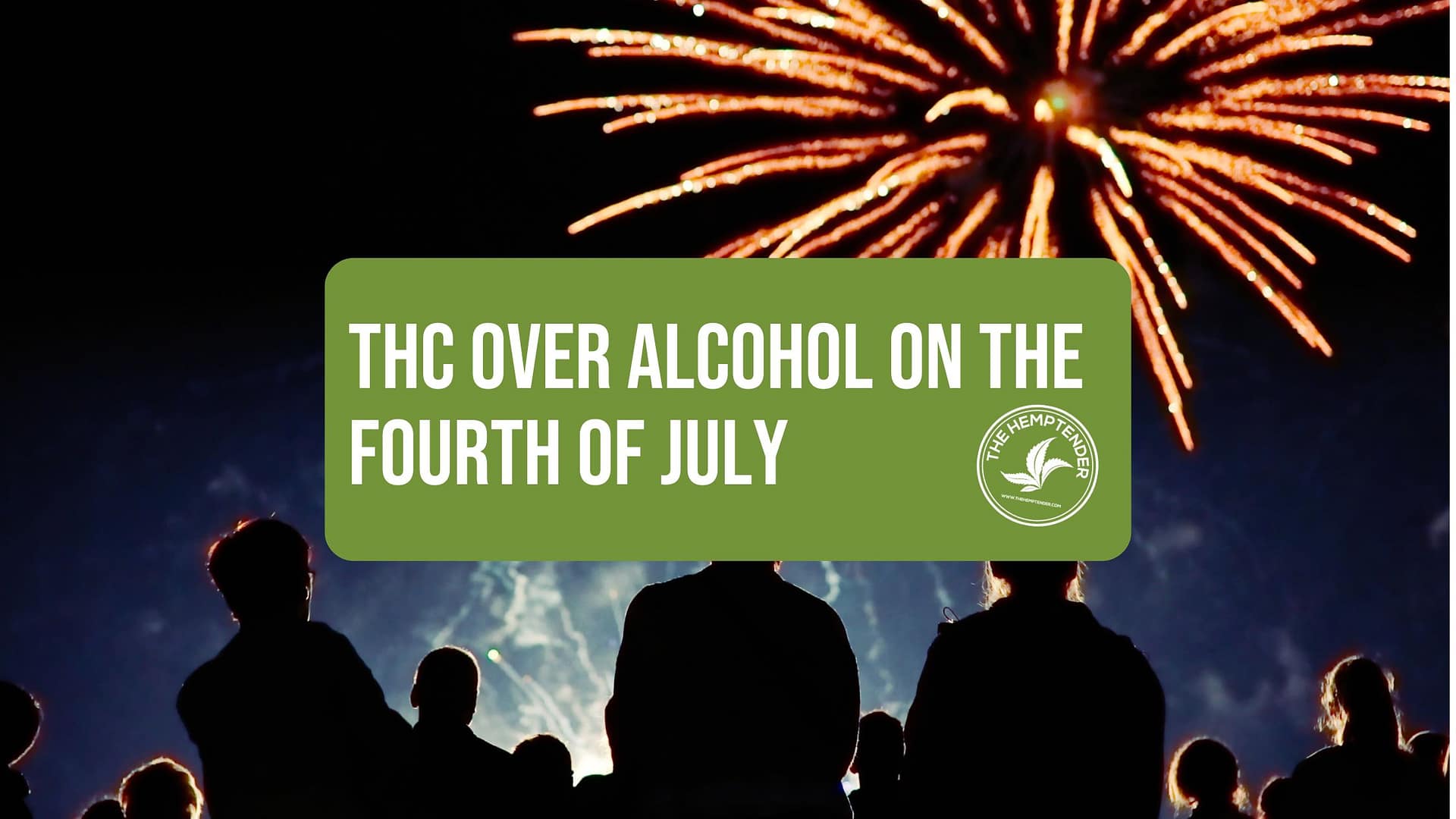How To Avoid Buying Fake Hemp Products

In today’s burgeoning hemp product market, the promise of wellness and relief is abundant. However, studies have exposed a disconcerting reality: some of these products fall short of delivering the cannabinoids they claim. Counterfeit or substandard hemp products have infiltrated the industry, leaving people who could benefit from the therapeutic aspects of hemp feeling duped. In this article, we’ll explore how to identify fake hemp products and offer tips on finding authentic options. From extravagant health claims to dubious free trials, we’ll help you navigate the hemp market wisely.
How to Spot Fake Hemp Products
The promise of a miracle cure or a guaranteed pass on a drug test can be alluring, but it’s crucial to remember that hemp-derived cannabinoids, such as CBD, aren’t magic, and there are strict regulations surrounding their content. Here are some key indicators to help you spot fake hemp products:
Unrealistic Health Claims:
Beware of products that claim to “cure” or treat specific medical conditions. Hemp-derived cannabinoids offer potential health benefits, but they should never be marketed as a cure-all. The fact of the matter is that cannabinoids found in hemp can’t cure anything. That said, skepticism is warranted when a product makes extraordinary health promises. If a product says it’ll cure your depression or anxiety, steer clear because that’s a bold-faced lie.
False Drug Test Assurances:
Hemp products can legally be sold anywhere as long as they contain less than 0.3% THC by dry weight. Thanks to that little loophole, many products marketed as THC-free can still cause you to fail a drug test. Based on different drug test capabilities and the wiggle room in products, be cautious of products that guarantee you’ll pass a drug test, as no product can completely eliminate this possibility. If you’re worried about drug testing, we reccomend avoiding hemp products altogether.
Hemp Extracts vs. Hemp Seed Oil:
Understand the difference between hemp extracts and hemp seed oil. Hemp extracts contain cannabinoids like CBD and THC, while hemp seed oil does not. Some unscrupulous manufacturers may label their products as CBD-infused when they only contain hemp seed oil, deceiving consumers.
Credit Card Requests for Free Stuff:
Products that ask for your credit card information for a free trial or sample often employ scammy tactics. You should never have to relinquish any personal information for free stuff. And honestly, if something sounds to good to be true, then it probably is. Read the fine print carefully and be wary of hidden charges or subscriptions.
Lack of Guaranteed Analysis:
Trustworthy companies provide Certificates of Analysis (CoAs) from third-party labs, which verify the product’s cannabinoid content and safety. A COA can show you the guaranteed analysis of the product, from contaminants to potency levels. Avoid products from manufacturers that can’t provide these CoAs, as it raises questions about their transparency and product quality.
Low Cannabinoid Content:
When shopping for hemp products, focus on the amount of each cannibinoid per serving rather than the total amount in the bottle or package. This ensures you’re getting the potency you expect and prevents you from buying large, expensive products with minimal cannabinoid content. Many bad actors in the hemp or CBD industry may try to sell you a product marked for 2000mg of THC when each serving only contains 10mg.
By staying vigilant and informed about these warning signs, you can safeguard yourself against deceptive marketing and ensure you receive genuine hemp products that meet your expectations.
Choosing Reputable Hemp Dispensaries
When seeking reliable sources for your hemp products, look for those that prioritize transparency and quality. Reputable companies provide accessible lab results, ensuring their products meet safety and potency standards. Positive customer reviews and a strong industry reputation are indicators of trustworthiness. If a deal or product seems too good to be true, trust your instincts and proceed with caution. Avoid purchasing hemp products from gas stations or unknown sources, as these often lack proper labeling and rigorous testing. By following these simple guidelines, you can confidently navigate the hemp market, minimizing the risk of encountering counterfeit or subpar products.
Final Thoughts
In this article, we’ve shed light on the concerning issue of fake hemp products in the market and how to identify them. We’ve highlighted the importance of being cautious about extravagant health claims, false drug test assurances, and deceptive marketing tactics. Additionally, we’ve emphasized the significance of choosing reputable hemp dispensaries and retailers that prioritize transparency, quality, and customer satisfaction.
As you navigate the world of hemp products, remember that knowledge and discernment are your best allies. By following the guidance provided here, you can make informed choices and protect yourself from scams and substandard products.
For those looking for a reliable source in the hemp industry, consider The Hemptender. We provide lab-tested products, safely sourced hemp, and a range of cannabinoid formulations to meet your needs. Our commitment to transparency ensures you can trust the quality and authenticity of our offerings. Make informed decisions, and enjoy the benefits of genuine hemp products for your well-being.



